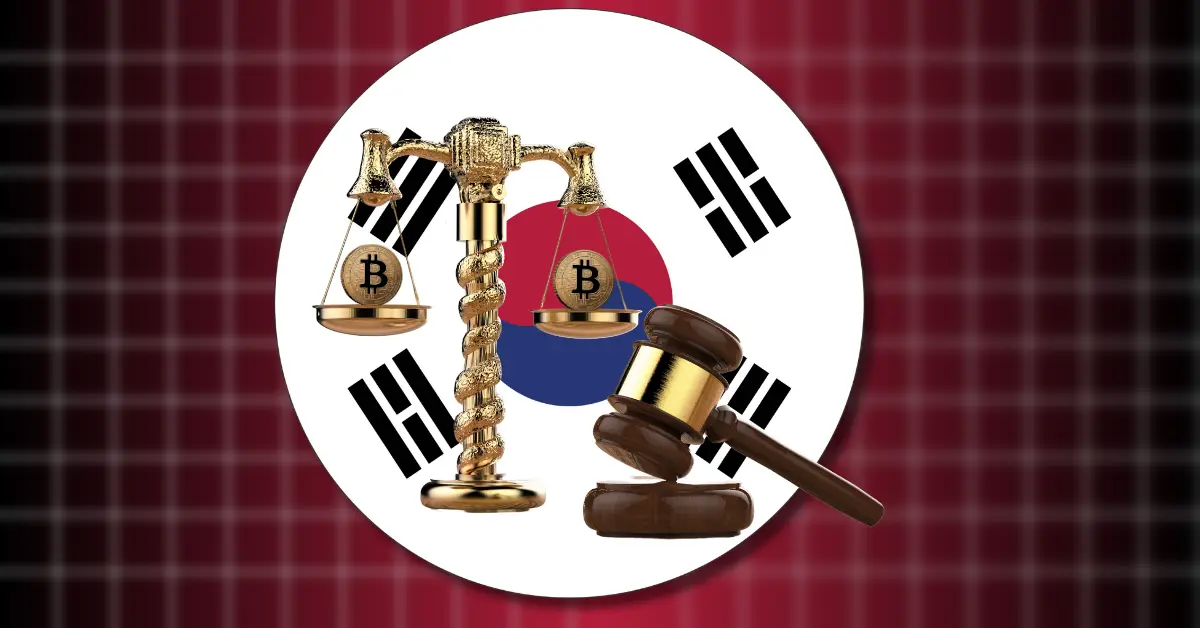
The landscape of cryptocurrency in South Korea is witnessing a transformative shift as the nation’s Financial Services Commission (FSC) prepares to unveil pivotal legislation to regulate won-denominated stablecoins. These developments are poised to shape the future of digital assets, not only in South Korea but also in global markets.
Upcoming Legislation on Won-Stablecoins
South Korea’s FSC has announced plans to present groundbreaking stablecoin regulations to the National Assembly in October as part of the second phase of the Virtual Asset User Protection Act. These regulations aim to establish clear guidelines for stablecoin issuance, collateral management, and internal control systems. Democratic Party lawmaker Park Min-gyu recently disclosed receiving a detailed FSC report on these measures, paving the way for a firm government-backed framework.
Stablecoins: A Strategic Move in Crypto
The push for won-denominated stablecoins has been gaining traction, primarily supported by President Lee Jae-Myung’s campaign promises. The FSC’s proactive stance highlights South Korea’s ambition to gain domestic control over digital currencies amidst a global shift towards stablecoins like the US dollar-backed equivalents. By reducing dependency on foreign currencies, the local market positions itself for more robust financial sovereignty.
Notably, eight prominent South Korean banks, including KB Kookmin, Shinhan, Hana, and Woori Bank, have proposed launching a joint venture to issue won-pegged stablecoins. With regulatory support, these initiatives could materialize by the end of 2023 or early 2024, revolutionizing the nation’s financial infrastructure.
Japan and Global Stablecoin Trends
Japan, another major player in the East Asian cryptocurrency market, is also inching closer to launching its first yen-based stablecoin. According to reports from Nikkei, fintech company JPYC is expected to receive regulatory approval this fall. This parallel momentum emphasizes how stablecoins are becoming a global focus for enhancing payment systems and financial inclusivity.
Concerns and Precautions
Bank of Korea (BoK) officials have issued cautious guidance on the rollout of won-backed stablecoins. Senior Deputy Governor Ryoo Sang-dai emphasized prioritizing launches through regulated banks to ensure minimal risk. This suggestion aligns with the need for robust oversight and manageable scalability, ensuring financial stability as adoption grows.
The cautious approach reflects the potential challenges posed by stablecoins in monetary policy, cybersecurity, and fraud prevention. As regulatory frameworks take center stage, collaborations between banks, fintech entities, and government bodies will likely be key to navigating these complexities.
Enhancing Crypto Security and Accessibility
Amid these advancements, ensuring secure and user-friendly cryptocurrency transactions is crucial. For enhanced security and convenience, consider Ledger’s Nano X hardware wallet. It offers robust protection for digital assets, supporting a wide range of cryptocurrencies, including stablecoins like USDC and DAI.
Conclusion
With South Korea’s FSC spearheading stablecoin legislation, the region is set to reinforce its position in the evolving cryptocurrency ecosystem. By fostering innovation while prioritizing security and regulation, South Korea is setting a benchmark for other nations exploring stablecoin frameworks. Stay tuned for further updates as these exciting initiatives progress.






